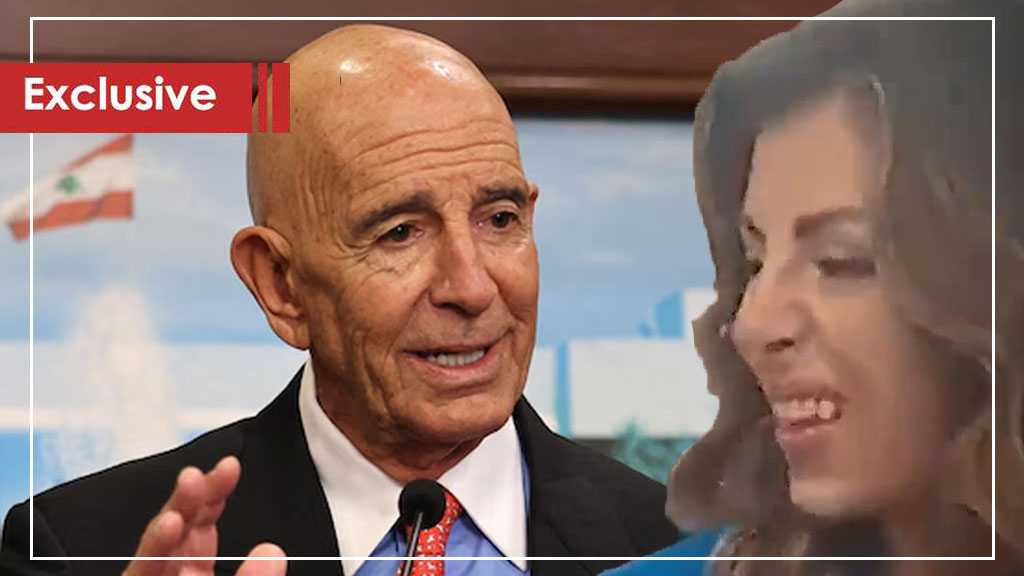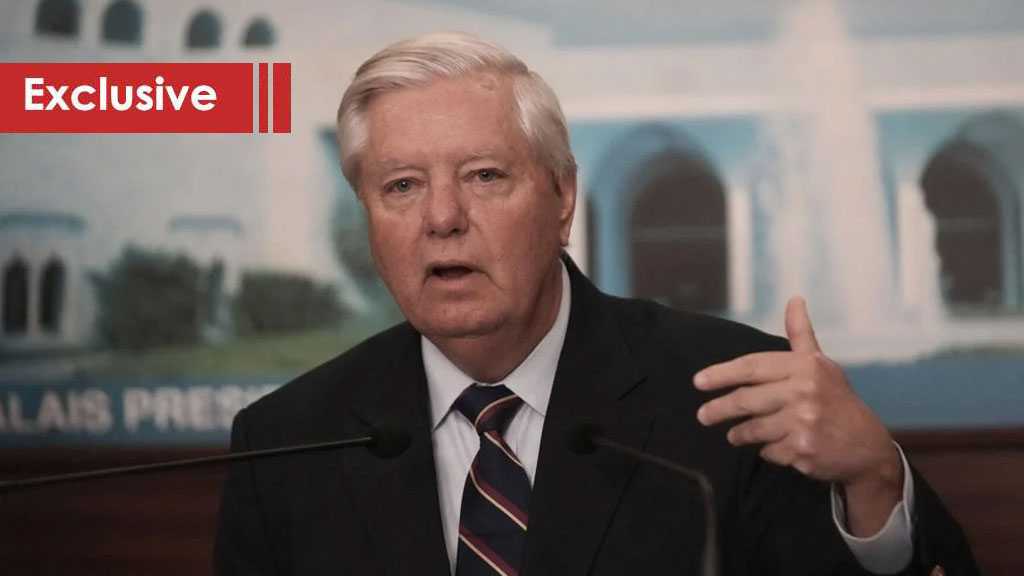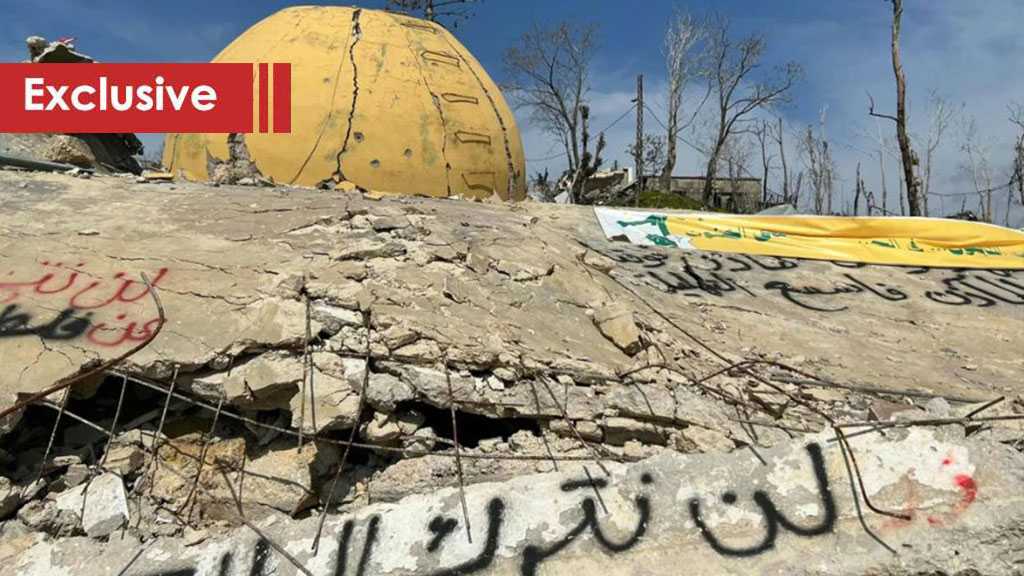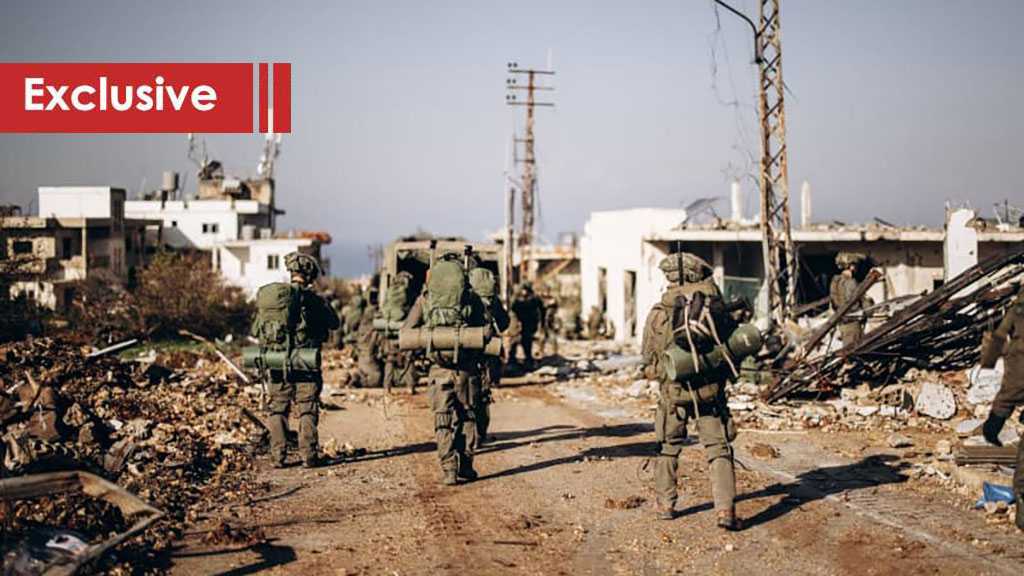
The Hague Group Exposes the Arab Hand in Gaza Genocide

By Ihab Shawki
Egypt – As the situation in Gaza reaches an unprecedented level of atrocity unmatched in modern history, the past few days have seen three statements that, despite bearing similar headlines, differ radically in substance2014exposing the real positions behind the rhetoric.
Chronologically, the first statement came from the Hague Group, followed by one issued by a 28-nation coalition and finally a declaration from the Arab League Council.
While the Hague Group’s statement presented a six-point plan containing concrete measures to hold the criminal entity accountable and curb its aggression, the other two remained, as usual, purely declarative and hollow.
Notably, Arab regimes ignored the Hague Group and largely declined institutional engagement—offering only symbolic attendance at its first emergency conference and, with the exception of just three states, refusing to sign onto its plan. Instead, the Arab League issued a vague 12-point statement, one of which bizarrely praised the equally empty European-led declaration.
This contrast reveals the true Arab position, which many have described as helplessness, but which the facts increasingly show to be complicity—if not active participation in the aggression. Recent developments offer a turning point that exposes multiple proofs, as outlined below:
1. A Year of Genocide and Arab Inaction
While “Israel” launched its overt campaign of genocide over a year and nine months ago, Arab foreign ministers did not convene until five days after the Zionist massacres had begun—and even then, they issued a weak and suspicious statement that almost equated the resistance with the criminal entity. The Syrian regime, led by President Bashar al-Assad, abstained from participation. Thirty-four days into the aggression, Arab leaders finally held a summit—falsely labeled “emergency”—which issued condemnations and demands devoid of any practical steps or pressure tools.
As Arab states looked on passively, South Africa took the lead by filing a genocide case against “Israel” at the International Court of Justice [ICJ] in December 2023. This legal action prompted several countries to follow suit. On January 18, 2024, the governments of Mexico and Chile announced their intent to refer “Israel” to the International Criminal Court [ICC] over its violations against Palestinians, citing numerous UN reports suggesting that the entity's actions fall within the court's jurisdiction. These steps eventually led to arrest warrants against war criminals Netanyahu and his war minister Gallant.
While the Arabs continued to stand aside, the Hague Group was established on January 31, 2025, to ensure the implementation of binding ICJ rulings aimed at halting the aggression. The group’s founding members include nine countries: South Africa, Malaysia, Namibia, Colombia, Bolivia, Chile, Senegal, Honduras and Belize.
The central question remains: If the window to initiate legal proceedings has already closed, why didn’t Arab states at least join the Hague Group’s ongoing enforcement initiative?
2. The Hague Group’s Initiative vs. Arab Tokenism
The Hague Group, launched on January 31, 2025, was created to enforce ICJ rulings using binding measures to stop the aggression. Its founding members are South Africa, Malaysia, Namibia, Colombia, Bolivia, Chile, Senegal, Honduras and Belize.
Why didn’t Arab states join this effort, even symbolically?
While some Arab representatives attended the group’s emergency conference in Bogota—30 in total—only 12 nations actually signed onto the practical plan: Bolivia, Colombia, Cuba, Indonesia, Iraq, Libya, Malaysia, Namibia, Nicaragua, Oman, Saint Vincent and the Grenadines, and South Africa. Of these, only Iraq, Libya, and Oman are Arab. The rest either abstained or participated merely for appearances.
Turkey also declined to sign—mirroring the Turkish opposition’s accusation that Erdogan’s government limited itself to rhetorical reactions while avoiding any real confrontation with “Israel,” likely out of fear of antagonizing US President Donald Trump.
To highlight the contrast, we must outline the Hague Group’s six-point plan:
- A total ban on exporting arms, ammunition, military fuel, or dual-use materials [items with civilian and military applications] to “Israel.”
- Denial of port entry, fuel, or services to any ship carrying military cargo—regardless of its flag.
- Prohibition on vessels registered under signatory states from transporting military goods or dual-use materials to “Israel”; and revocation of any vessel’s registration if it violates this ban.
- A comprehensive review of all governmental agreements with “Israel,” with cancellation where necessary.
- Full compliance with sanctions and legal rulings issued by legitimate international courts against “Israel”.
- Amending national judicial systems to allow prosecution of individuals involved in crimes within the occupied Palestinian territories.
By refusing to sign this plan, states effectively decline to commit to these measures—continuing, in practice, to supply fuel and services to the occupying entity, rejecting even the few existing sanctions, refusing to reassess bilateral agreements with “Israel,” and withholding any meaningful contribution to accountability.
3. Arab League Statement: Words Without Action
The Arab League’s 12-point statement—double the length of the Hague Group’s six-point plan—contained not a single actionable measure. Remarkably, it even praised the earlier 28-country statement issued by 21 EU member states, along with the UK, Canada, Australia, Switzerland, Japan, Norway and New Zealand—a declaration just as toothless and declarative as the Arab League’s own.
4. Silence of the Regimes, Rage of the Resistance
In stark contrast, the Resistance fronts erupted with emergency declarations:
- Imam Sayyed Ali Khamenei,
- Sayyed Abdul-Malik al-Houthi,
- Hezbollah Secretary General Sheikh Naim Qassem, and
- Hamas military spokesperson Abu Obaida—all delivered historic speeches condemning the starvation, mass killings, and targeting of displaced people in Gaza.
These figures emphasized that the scale of the tragedy can no longer be met with silence. Yet Arab regimes responded with exactly that—deafening silence.
Even Al-Azhar issued a rare and powerful statement—only to delete it within minutes, simply because it dared to suggest practical action. In the Arab official lexicon, such suggestions are forbidden. Only meaningless words are permitted.
It is now clear that the Arab position is not one of helplessness or fear. It is one of active complicity.
While the Turkish opposition had the courage to publicly accuse Erdogan of collaborating with the occupation—highlighting continued oil transfers via the Baku–Tbilisi–Ceyhan pipeline—no similar voice has emerged from within the Arab world. No one has dared to point out that Arab regimes continue to cooperate with the occupier, provide it with energy, and reward the US with trillions of dollars, even as Washington leads the genocidal war against Gaza.



